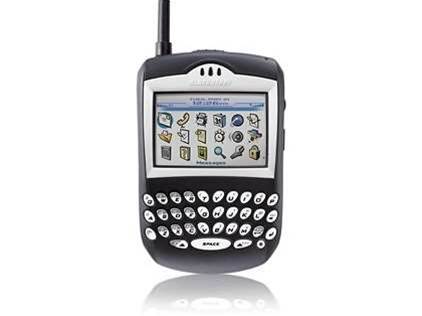
The survey, conducted by Ipsos Reid, claimed that the handsets increase the efficiency of mobile workers, allowing the average BlackBerry user to convert an average 60 minutes downtime into productive time every day.
RIM suggested that the BlackBerry not only increases individual user productivity, but can boost team efficiency by 38 percent.
BlackBerry devices offer mobile access to email, internet, text messaging, organiser and a range of third-party applications.
Recent research by Yankee Group found that more than 50 percent of small business employees in Europe are classified as mobile workers.
However, smartphones have come under increasing fire for creating an always-on culture whereby workers are expected to be available any time and anywhere.
"Contrary to shiny happy ads suggesting that we do more in less time, there is evidence to suggest that we simply do more, more of the time," said Kaan Yigit, a director at market research firm Digital Life America.
"While being always-on in a social context is a natural for young people, many of those in the 25-54 age group with families and corporate jobs are struggling with work-life blending."
RIM argues that the immediacy of BlackBerry enables fast and effective decision making, and that the average BlackBerry user processes 2,500 time-sensitive emails and 1,200 time-sensitive phone calls a year.

_(23).jpg&h=140&w=231&c=1&s=0)
_(20).jpg&h=140&w=231&c=1&s=0)
_(33).jpg&h=140&w=231&c=1&s=0)
.png&h=140&w=231&c=1&s=0)





 iTnews Executive Retreat - Security Leaders Edition
iTnews Executive Retreat - Security Leaders Edition
 iTnews Cloud Covered Breakfast Summit
iTnews Cloud Covered Breakfast Summit
 The 2026 iAwards
The 2026 iAwards











_(1).jpg&h=140&w=231&c=1&s=0)



